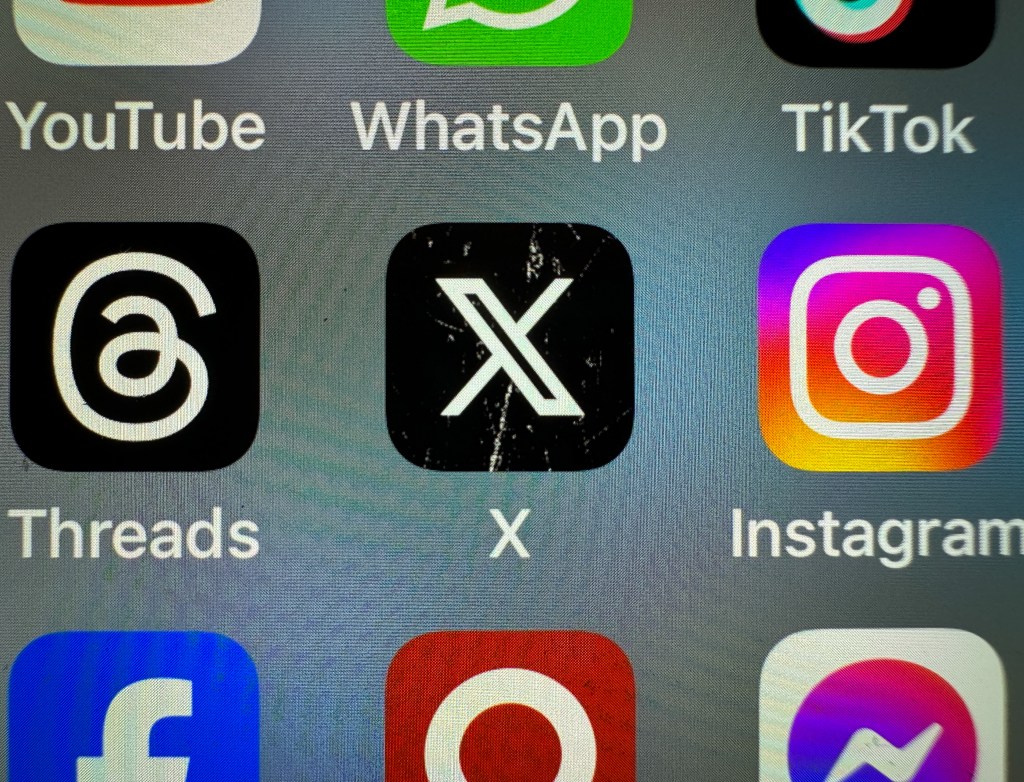Web3 startups’ cap tables can look quite different from traditional ones. In addition to issuing equity as a form of incentive alignment for employees, as a typical startup would, crypto companies often also issue tokens that represent ownership. Tokens are an entirely separate asset class with their own complexities, rules and regulations.
Cap table management software company Carta commanded a $7.4 billion valuation last August for its suite of tools that help companies navigate equity issuance, compensation and related challenges. While Carta has been around for nearly a decade, there’s a new upstart looking to replicate its model for the nascent cohort of web3 startups, through a focus on token management — LiquiFi.
Because of the relative newness of token-based compensation as a widespread practice, many web3 companies manage their cap tables manually, using custom, in-house systems and spreadsheets, Robin Ji, CEO and co-founder of LiquiFi told TechCrunch.
LiquiFi, part of Y Combinator’s winter 2022 batch, helps startups automate their token vesting, manage their token cap table and issue token grants in compliance with regulations, Ji said. Ji and LiquiFi co-founder and CTO Oliver Tang recognized the challenges associated with token-based compensation after working at other crypto companies, Eco and Set Labs, respectively.
Since its founding last year, the company has gone live on Ethereum and Polygon, and is “quickly expanding to other chains,” Ji said. While he didn’t share the number of customers the company is working with today, he said LiquiFi’s customer list includes both large DeFi protocols and smaller startups that are just launching a token for the first time.
“We definitely have a long list of customers that are about to launch a token, but haven’t onboarded yet,” Ji added.
Token management differs from equity management because of some fundamental differences between the two asset classes, Ji said. Tokens are more dynamic than equity — you can vote with them, stake them, lend them out, and provide liquidity, he continued.
Another key difference is that when traditional equity is transferred, legal papers and agreements serve the purpose of tracking ownership. In contrast, when tokens are transferred, assets move on a blockchain and a transfer of custody takes place, Ji explained. The technology needed to transfer tokens can be complex, sometimes requiring companies to write custom code.
“In a traditional [platform like] Carta, you basically click buttons, work with lawyers to draft agreements, and you send it off for them to sign, and that’s basically the transfer of assets,” Ji said. “But with tokens, there’s that, plus the actual asset that’s being transferred, so the technology piece is one thing … The second piece with tokens is general know-how of compliance and processes.”
LiquiFi helps companies with both aspects. Its product today is geared toward companies that already have their own tokens or are on the verge of launching them. Eventually, though, Ji hopes to add features that can serve customers well before they have launched a token by helping them figure out general practices and processes to manage their token allocation.
“The same way that you would think about distributing equity to investors or employees, there’s a similar strategy that you want to apply on reserving a finite supply of tokens, and how you want to allocate them to the respective parties for the best ROI for your business,” Ji said.
The core product includes a dashboard where customers can see their smart contracts and tokens outstanding as well as tax compliance features. LiquiFi is also working on a product that would allow individuals with locked or vesting tokens to earn additional yield on those tokens while they’re being held — an entirely new capability that no other company had developed previously, Ji said.
The startup announced today that it has raised $5 million in seed funding led by Dragonfly Capital Partners. Nascent, Alliance DAO, 6th Man Ventures, Robot Ventures, Y Combinator and Orange DAO also participated in the round, as well as prominent angel investors in the crypto space including Balaji Srinivasan, Katie Haun, Packy McCormick, Anthony “Pomp” Pompliano and Anthony Sassano.
LiquiFi plans to use the funding to invest in product development, design, marketing and sales, Ji said. The company also hopes to hire in-house counsel and build out a recruiting team, he added. In terms of adding compatibility with other blockchains, he said the company plans to start with EVM-compatible ones in the near term and eventually expand to other chains such as Solana and Terra.
The company’s fundraising process moved fast, Ji said. He hopes the business will be able to continue scaling rapidly.
“The biggest risk for us is just making sure that we are moving as fast as the [crypto] market is moving, because if we don’t, then we’re going to be left behind,” he said.

























